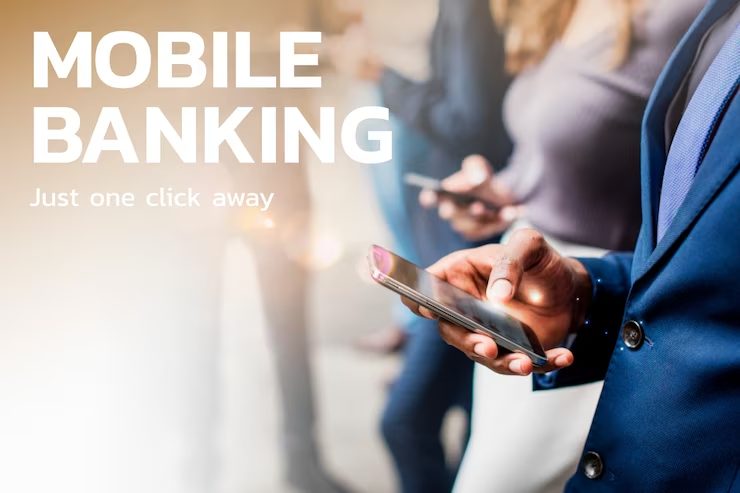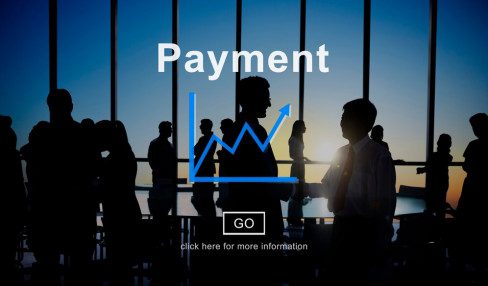Exploring The Top Digital Banking Features: Enhancing Convenience, Security, And Efficiency
3 Mins Read
Published on: 16 March 2023
Last Updated on: 27 March 2023

toc impalement
In today’s fast-paced world, where time is precious, digital banking has become necessary.
Digital banking refers to using digital technologies to conduct banking activities, such as transferring money, paying bills, and managing accounts, without going physically to a bank branch.
Digital banking features for the American market are constantly evolving to meet customers’ changing needs. With the rise of mobile banking, customers can now access their accounts, transfer funds, and pay bills from the convenience of their smartphones.
Online bill pay has also become more prevalent, enabling customers to pay without needing checks or postage. Personal finance management tools are also gaining popularity, allowing customers to track their spending and manage their budgets.
With these advanced features, American consumers have access to some of the world’s most innovative and convenient digital banking technologies. As the digital banking landscape continues to evolve, we can expect to see even more exciting features and functionalities in the future.
Benefits of Digital Banking: Why it’s Worth Switching to Online Banking Today

Switching to digital banking can bring many benefits to your life. Firstly, it provides convenience that traditional banking simply cannot match. With digital banking, you can access your accounts from anywhere, anytime, and easily carry out transactions.
Secondly, it’s a more secure way of managing your finances as it eliminates the need to carry cash and reduces the risk of fraud. Finally, digital banking is often more cost-effective than traditional banking, with lower fees and better interest rates. With all these benefits, it’s no wonder that more and more people are switching to digital banking today.
Digital banking features

- Mobile banking: With mobile banking, customers can access their accounts, transfer funds, pay bills, and even deposit checks using smartphones.
- Online bill pay: Online bill pay enables customers to pay their bills from their online banking accounts, saving them time and eliminating the need for checks or postage.
- ATM access: Digital banking allows customers to access their accounts and withdraw cash from ATMs without physical bank branches.
- Account management: Digital banking features like account management allow customers to view their account balances, monitor transactions, and set up alerts for account activity.
- Mobile payments: Digital banking facilitates mobile payments, which allow customers to make payments using their smartphones instead of cash or credit cards.
- E-statements: E-statements are electronic versions of paper statements that customers can access online, reducing the need for paper statements and helping the environment.
- Card management: With digital banking, customers can manage their credit or debit cards, such as setting spending limits, tracking transactions, and temporarily blocking the card if lost or stolen.
- Digital wallets: Digital wallets allow customers to securely store their credit and debit card information on their smartphones and use them for online or in-store purchases.
- Chatbots: Some digital banking apps come with chatbots that provide quick customer support and help resolve any issues or queries.
- Personal finance management: Digital banking apps often come with personal finance management tools, allowing customers to track their spending, set budgets, and even plan for future expenses.
In conclusion, digital banking has revolutionized the banking industry by providing customers with convenient, secure, and cost-effective solutions.
With the range of features available, including mobile banking, online bill pay, and personal finance management, digital banking has made it easier than ever for customers to manage their finances. It’s clear that digital banking is the future and offers many benefits that traditional banking simply cannot match.
Read Also:


















Comments Are Closed For This Article